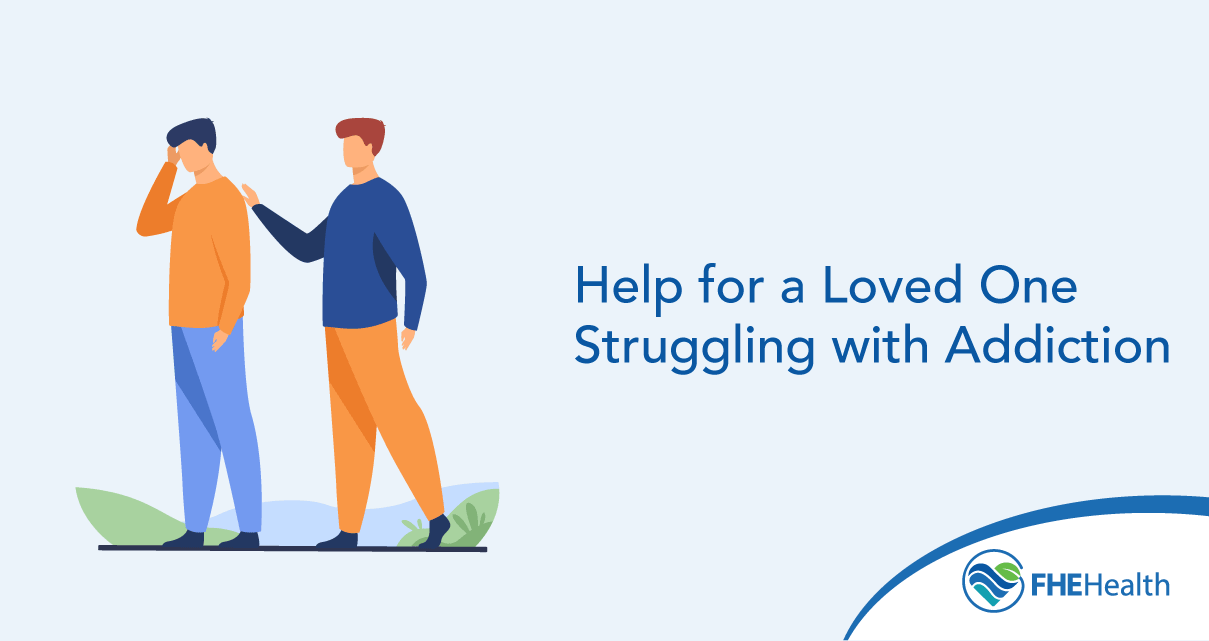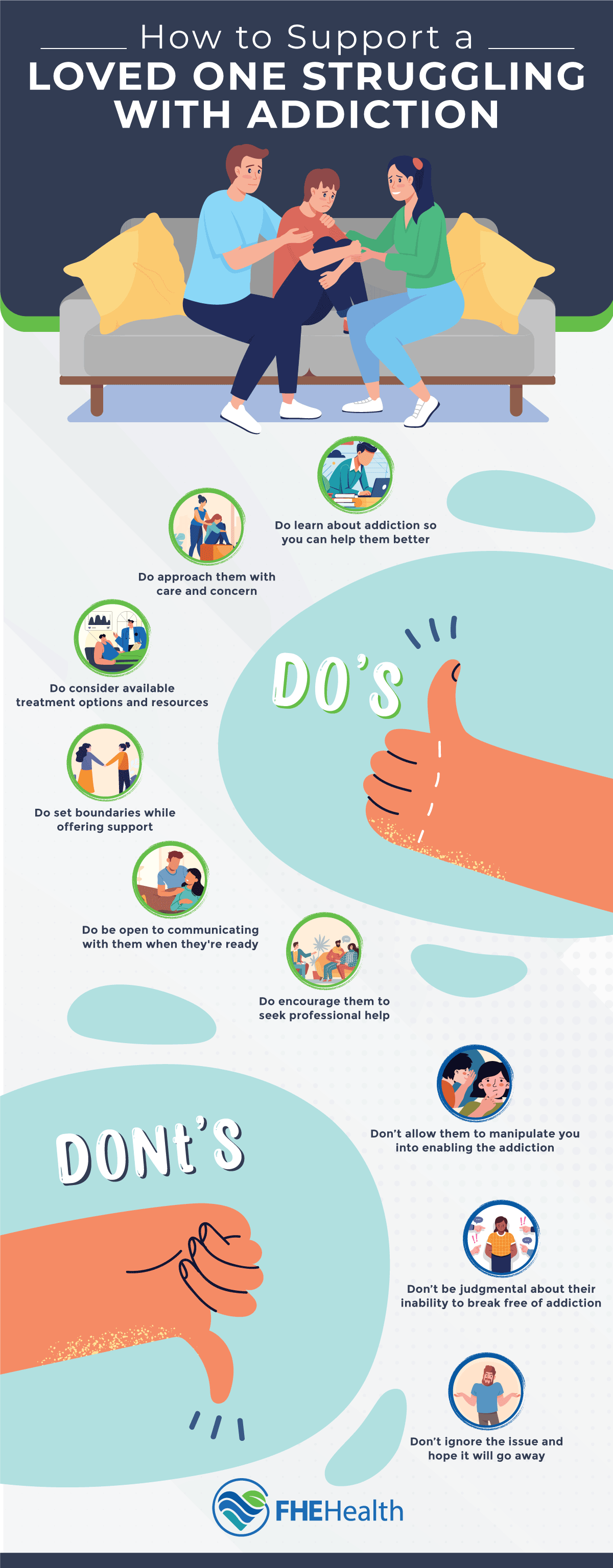
Have you noticed worrying signs your partner or friend is drinking too much or relying on drugs or opioid medication to cope? Maybe you believe they can’t seem to stop and are evasive about their substance use. Their behavior has changed, and you’re concerned they’ve become addicted to drugs or alcohol. You realize you don’t know how to help an addict.
The good news is that treatment can help. With love and professional care, they can overcome their addiction. As someone close, you’re in a good place to encourage them to get support.
Substance abuse is a growing problem. According to the National Institute on Alcohol Abuse and Alcoholism, 13.2% of males and 8.7% of women older than 18 had an alcohol use disorder in 2022. A similar situation applies to the use of recreational drugs, with nearly 40% of young adults aged between 18 and 29 having used drugs.
How to Help an Addict: Recognizing Signs of Addiction
It’s not easy to recognize the early stages of alcohol or drug addiction. Your loved one will often have explanations for their unusual behavior or moodiness. Signs pointing to a possible addiction include:
- Behavioral changes. Unexplained mood or behavior changes and relationship problems are signs of something wrong. Your loved one may cover things up and fail to be honest about issues.
- School or work problems. A decline in school or work performance and unexplained problems is another sign. They may take an unusual number of days off for poorly explained ailments.
- Health changes. They’re run down and complain of not getting enough sleep. Their eyes may be glassy or pupils dilated. A drug user may have nosebleeds, a runny nose and unusual sniffing. They may have little appetite.
- Financial difficulties. They may fall behind on their bills, never have enough money and borrow from friends. They may secretly take cash, or you may realize valuables are disappearing.
- Personal hygiene. They don’t take proper care of themselves. They often have a sour, sharp smell related to alcohol and drug use.
- Justification of drug or alcohol use. They say drinking or using drugs makes it easier to relax and deal with their problems.
Approach Them With Care and Concern
If your loved one is showing signs of drug or alcohol abuse, talk with them about possible addiction. Unfortunately, this can be complicated as they’re most likely hiding their problem with substance abuse.
It’s best to talk before they reach rock bottom, get arrested, lose their job or have an accident. Choose a time when they’re sober, preferably in a neutral place. Talk to them about how their abuse is affecting things that are important to them, such as their children, career and relationships.
You can help someone with an addiction by being honest and giving specific examples. Accept that they’ll initially be in denial. Don’t lecture or threaten them, but be prepared to listen. You may need to repeat this conversation until they acknowledge they need assistance.
Consider Available Treatment Options and Resources
Alcoholism and drug abuse are chemical dependencies that result in physical and psychological addiction. It’s extremely difficult for someone to overcome dependency on their own. Your loved one needs professional support. Addiction treatment programs include detoxification, counseling, medication and support groups.
Set Boundaries While Offering Support
While your loved one needs to know you support them and will stand by them, you must set boundaries to protect yourself. Setting boundaries helps stop enabling behavior, where the person with an addiction manipulates others into allowing them to continue with their addiction. Your loved one must face the consequences of their behavior.
Encourage Them to Seek Professional Help
Encourage your loved one to get professional help; you can even research medical detox programs and seek rehab treatment facilities. Remember, if it’s difficult for you to bring up the need for help, chances are it’s more challenging for them. Your support can be the encouragement they need to get better. Persuade your loved one to contact us at FHE Health to see how we can help them overcome an addiction.







